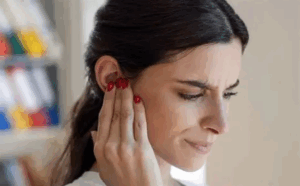One of the more recent developments in hearing aid technology is the release of hearing aids with rechargeable batteries. Although rechargeability is an obvious choice for many hearing aid users, it does have drawbacks compared to using disposable batteries. One of the many choices you will make when choosing a hearing aid is deciding which battery option is best for your needs so a proper comparison of the two is necessary.
Rechargeable Batteries
PROS
- No need to regularly purchase and replace batteries
- Less risk of a device “dying” in the middle of the day
- Easier for patients who have difficulty handling and seeing small items
CONS
- Stable electrical power is required for charging. This typically means access to USB and/or wall power. However, most hearing aid manufacturers offer portable charging systems that can store multiple days-worth of charges, and many patients have reported success with using portable USB power banks.
- Since the hearing aid requires a charger for power, if you lose your charger (or if you leave it at home before a long trip!) you will not be able to power your hearing aids
Disposable Batteries
PROS
- No need to plan for charging time
- No need for an electrical outlet
- Batteries are readily available through many retailers
CONS
- Requires regular purchase and replacement of batteries
- Battery replacement can be difficult for users with reduced vision or difficulty handling small objects
The type of battery a hearing aid is powered by has little to no impact on how well a hearing aid functions in aiding a hearing loss, but it very much affects how the user cares for the device. Rechargeable hearing aids have significant advantages, and if you are willing to be creative with charging sources and plan for charging time, are a great option. While rechargeable devices are fitted more frequently today, disposable batteries are still a solid option for many users.
The audiologists at The Hearing Center at Dallas Ear Institute are committed to helping patients find hearing aids that not only fit their hearing loss, but also their lifestyle. Please contact us for a consultation so we can help you find an option best for you and your needs.


